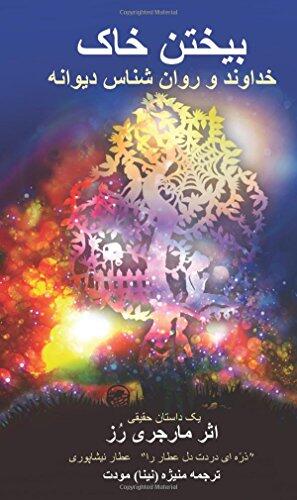![U.S. Imperialism Has Lost the Cold War [Farsi]](https://images.bookpine.com/8a694854-08df-46ae-97a4-344f1d548824.jpg)
U.S. Imperialism Has Lost the Cold War [Farsi]
작성자
Jack Barnes
아직 평점이 없습니다
Action & Adventure
형식
페이퍼백
페이지
257
언어
페르시아어
출판됨
Jan 1, 2003
출판사
Talaye Porsoo
판
First Edition
ISBN-10
9645783038
ISBN-13
9789645783035
설명
In a compelling examination of U.S. foreign policy and its long-standing implications, Jack Barnes delves into the concept of imperialism in the context of the Cold War era. He presents a thought-provoking argument that challenges prevailing narratives by suggesting that America’s attempt to assert global dominance ultimately faltered.
The author navigates through historical timelines, analyzing key events that shaped U.S. relations and its strategies during the Cold War. With a keen focus on the ramifications of these actions, Barnes intricately explores how ideological battles and military interventions have influenced geopolitical landscapes, leaving lasting scars on nations and populations.
Through a lens of critical analysis, the book reflects on the socio-political dynamics of imperialism, underscoring its effects not just on America, but also on the countries that fell under its shadow. The language is accessible, inviting readers to engage thoughtfully with the intricacies of modern history.
By the end, Barnes encourages readers to reconsider their understanding of power, influence, and the true outcome of the Cold War, hinting at a broader dialogue about peace, cooperation, and the future of international relations.
The author navigates through historical timelines, analyzing key events that shaped U.S. relations and its strategies during the Cold War. With a keen focus on the ramifications of these actions, Barnes intricately explores how ideological battles and military interventions have influenced geopolitical landscapes, leaving lasting scars on nations and populations.
Through a lens of critical analysis, the book reflects on the socio-political dynamics of imperialism, underscoring its effects not just on America, but also on the countries that fell under its shadow. The language is accessible, inviting readers to engage thoughtfully with the intricacies of modern history.
By the end, Barnes encourages readers to reconsider their understanding of power, influence, and the true outcome of the Cold War, hinting at a broader dialogue about peace, cooperation, and the future of international relations.


